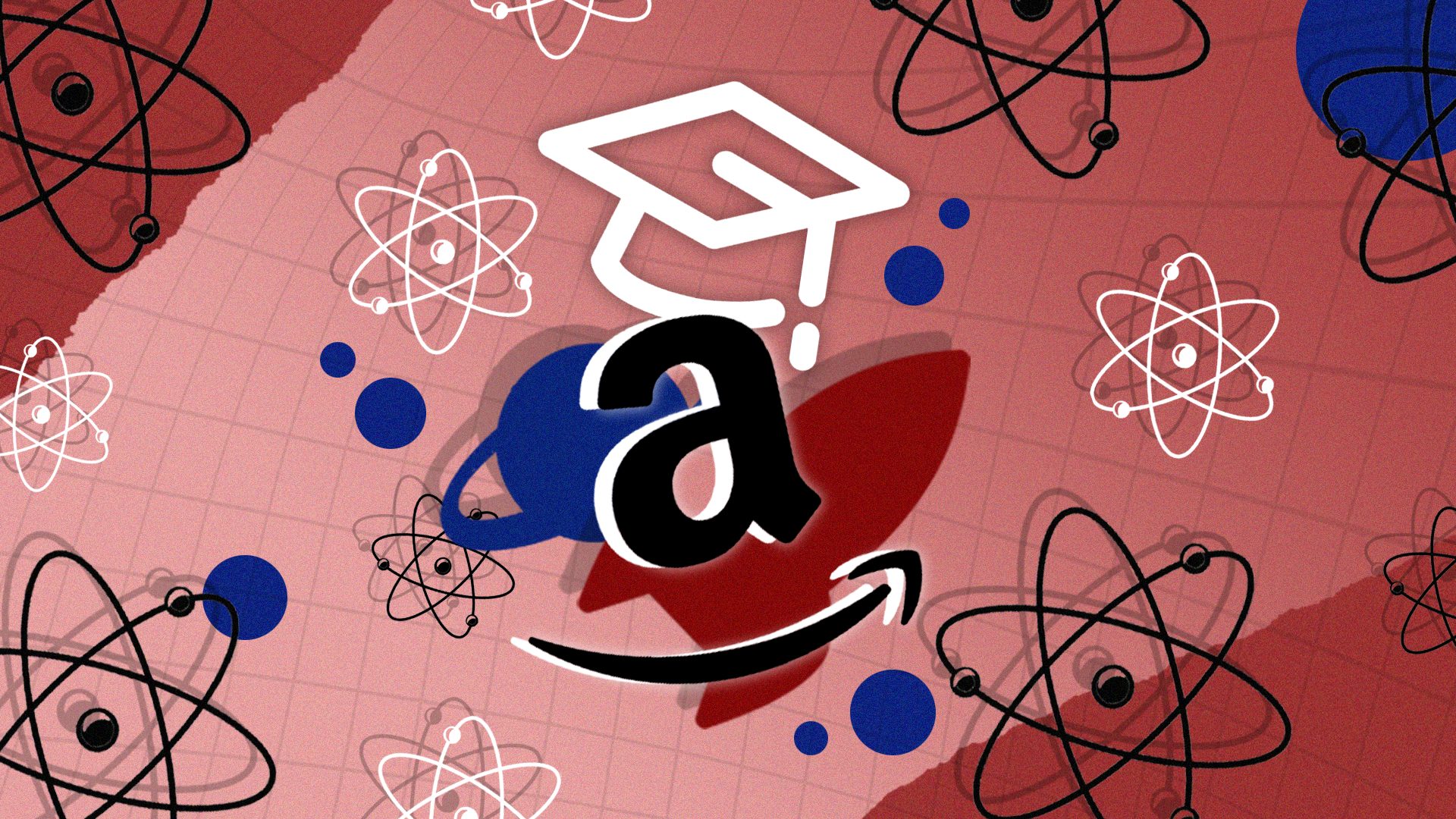Despite making up the second largest internet market globally, India is grossly underrepresented in the world of computer science. Amazon is attempting to rectify this by bringing its education program ‘Future Engineer’ to the nation’s students.
The American e-commerce giant helmed by newbie astronaut Jeff Bezos is capable of some good, it would seem.
Back in 2018, Amazon launched an education program called Future Engineer which continues to unearth aspiring young tech entrepreneurs from underprivileged and underrepresented backgrounds.
Focused primarily on students aged between grade six and 12, the program offers up what Amazon calls ‘childhood-to-career’ scholarships and internships, where computer science courses on robotics, AI, and machine learning are taught by expert mentors.
Put it this way, offerings are far beyond that of your average IT curriculum.
Currently operating across five countries – including the US, UK, Canada, France, and Germany – the initiative is focused on driving young people towards modern industries that will likely shape their futures. Bezos’ grandchildren will need rockets of their own too.
To its credit, Amazon is deliberately targeting communities that wouldn’t ordinarily have the exposure or resources to get students interested in computer science. As its website states, irrespective of all socio-economic factors, it strives to break ‘disproportionate barriers to education.’
One such country suffering from a distinct lack of computer science prospects today, despite making up the second largest online market in the world, is India – and that’s why Future Engineer is setting up there as we speak.
Amazon reportedly aims to reach more than 100,000 students in 900 government schools in the region before the turn of 2023. Does the company ever lack ambition?




















